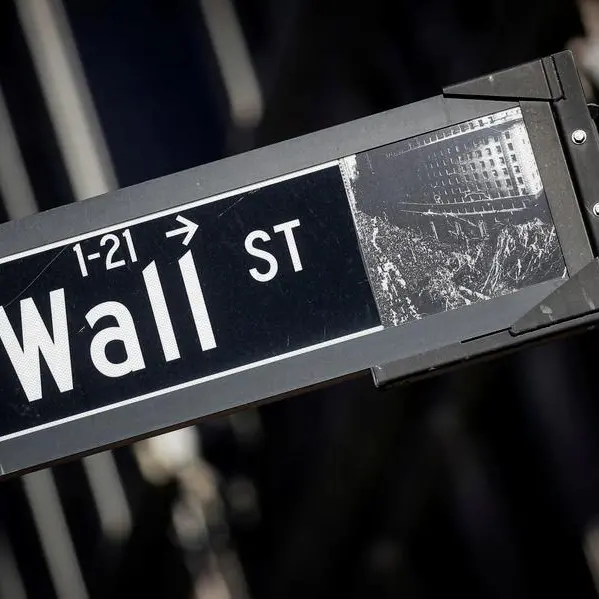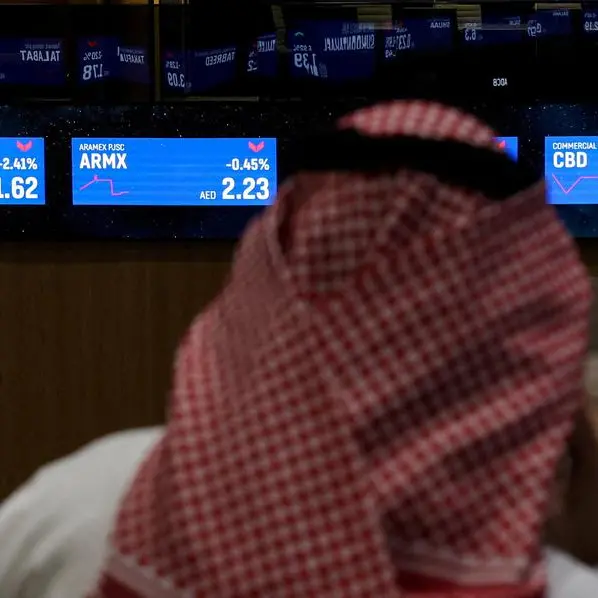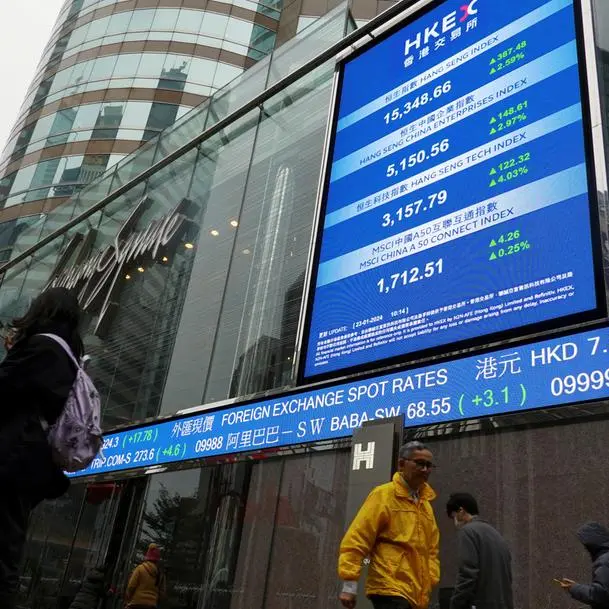PHOTO
Wall Street stocks looked to extend last week's rally on Monday amid mixed global markets at the start of a busy week while bitcoin raced to a new record high.
Dow E-minis were last up 0.5%, S&P 500 E-minis ticked up around 0.3% and Nasdaq 100 E-minis were also up 0.3% as of 1223 GMT.
Stocks headed towards year-end on a solid footing, with the benchmark S&P 500 index up 25% year-to-date as AI enthusiasm and the start of Fed rate cuts support an upbeat outlook.
Focus will be on U.S. consumer price inflation data on Wednesday, as well as a raft of other data this week for more indications on the health of the economy and outlook for interest rates.
The dollar traded not far from last week's four-month peak versus other major currencies, with a parade of Federal Reserve speakers also due to speak this week, including Chair Jerome Powell on Thursday.
"Donald Trump's victory drove (stock) indices to new all-time records with small caps outperforming sharply and hitting highs not seen since October 2021," said a note from investment firm Edmond de Rothschild, which added that many of the price shifts were "volatile, speculative and sometimes disconnected from fundamentals".
The Republican party is edging closer to sweeping both chambers of Congress, taking the Senate on election night and with Edison Research projecting it so far to have 214 seats of 218 needed for control of the House, compared to 205 for Democrats.
Investors expect Trump's second term in office will bring equities-boosting tax cuts and looser regulations.
Traders will be watching Wednesday's consumer price data for stickiness that could scupper the chances of an interest rate cut at the Federal Reserve's next meeting in December.
Markets currently lay about 65% odds for a quarter-point reduction on Dec. 18, according to CME Group's FedWatch Tool.
Trump's victory and pro-crypto candidates being voted to Congress has pushed bitcoin to the new all-time high above $82,370 spurred on by expectations of a lighter regulatory environment.
European stocks also rallied on Monday. The pan-European STOXX 600 added 1.2%, with industrials among the top gainers, up 1.7%.
"We don't see a huge amount in future potential return from Europe," said Matt Tickle, Chief Investment Officer at consultancy Barnett Waddingham.
He said their general investment outlook remained sceptical on European growth prospects, even with Monday's rally.
The euro dropped to its lowest level in 6-1/2 months against the dollar on Monday as investors worried about possible U.S. tariffs that would hurt the euro area's economy.
The single currency was down 0.67% at $1.0658.
DIVERGING FORTUNES
Hong Kong shares slipped to a three-week low as China's local government debt-relief package fell short of investors' expectations for economic support, while a rally in semiconductor stocks pulled Chinese markets slightly higher.
China's blue-chip CSI300 Index closed up 0.6%, led by a 6.8% jump in semiconductor stocks after Reuters reported the U.S. had ordered chipmaking giant TSMC to halt shipments of advanced chips to Chinese customers.
Investors figured that would encourage authorities to support China's industry and bought shares in local makers, sending Semiconductor Manufacturing International Corp stock up 4.7% to a record high.
Japan's Nikkei closed up 0.08% as gains were capped by domestic firms' dim outlook forecasts.
On Friday, after Chinese markets closed, the National People's Congress Standing Committee unveiled a 10 trillion yuan ($1.39 trillion) debt package to ease local government financing strains and stabilise flagging economic growth.
However, the stimulus steps lacked the direct injection of money into the economy that some investors had hoped to see, particularly amid the threat of massive tariffs under the incoming Trump administration.
Gold declined 0.9% to $2,660 per ounce, dropping back further from last month's record high of $2,790.15.
Oil prices continued to fall from Friday on the expectation that Trump's pro-drilling rhetoric will increase world supplies.
Brent futures dropped 115 cents to $72.72 a barrel, while U.S. WTI futures fell 123 cents to $69.15 a barrel.
($1 = 7.1787 Chinese yuan renminbi)
(Reporting by Nell Mackenzie and Kevin Buckland Editing by Andrew Cawthorne, Kirsten Donovan)





















